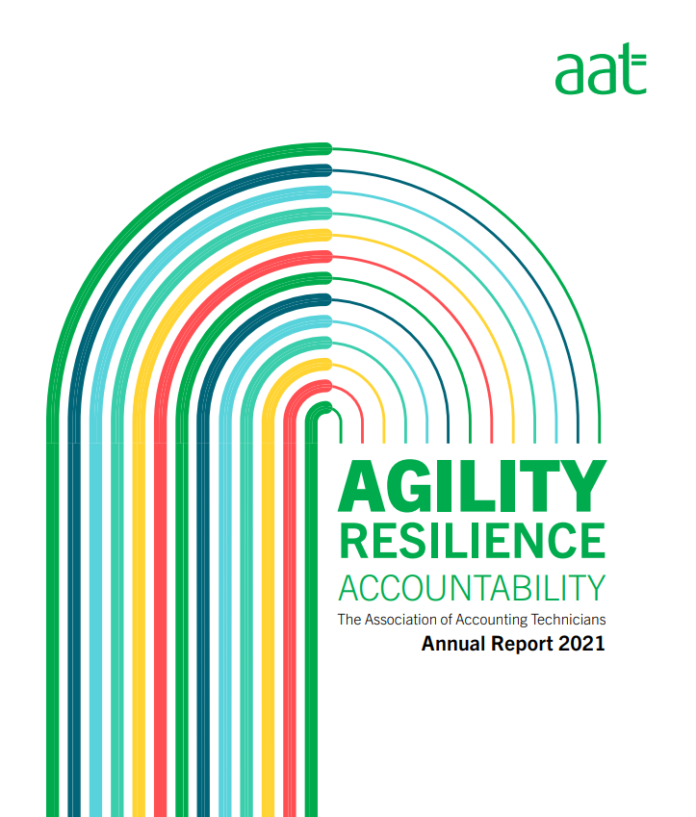The pandemic hit AAT student numbers hard with the majority of colleges registering significantly fewer new students than budgeted, according to the AAT Annual Report 2021.
New registrations were 8% below 2019/20 levels, but things could have been worse as this represents a recovery in the second half of the year.
There has also been a shift in the market with more students studying remotely. Distance learning students now represent 40% of registrations compared to 29% in the previous year.
Despite the tough conditions (assessment were halted from mid-March to 29 June) some 173,465 assessments were sat during the period and AAT issued 26,154 certificates to students who completed their qualifications. In all some 4,278 calculated results were also successfully issued, resulting in no appeals.
AAT President David Fredrick explained that assessment delivery was suspended for a short period, but online training and delivery have continued via training providers, and he felt students have still had the opportunity to continue to build a pathway into finance.
The total number of accounting technicians and bookkeepers dropped again in 2020/21 to 124,576 (in 2019/20 it was 127,746).
AAT said total membership was negatively impacted by the fact it had fewer students completing Level 4 and therefore being eligible for election into membership.
On the plus side retention has remained strong with around 93% of full and fellow members retaining their membership.
AAT qualifications are also included on a list of fully-funded courses under the UK government’s New Lifetime Skills Guarantee from April 2021.
Total income at AAT dropped from £31.6 million to £29.3 million in 2021. However, as AAT said “…cost-mitigation actions exceeded the reduction in income resulting in a surplus above the agreed threshold.”.
Subscription income actually rose year-on-year from £17.2 million to £17.6 million. Assessment income dropped from £12.7 million in 2020 to £9.9 million, by some £2,736,000.
However, expenditure dropped from £30.6 million to £25.8 million and AAT also received £700,000 from the CJRS government grant scheme.
This all means that AAT had net income for the year of just over £8 million, helped by investment gain of £4.6 million.




